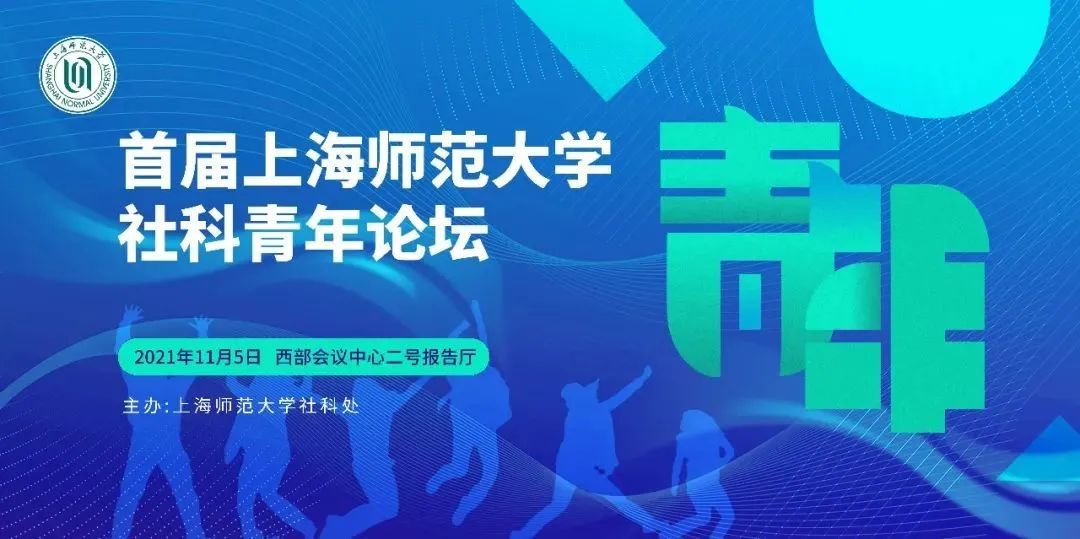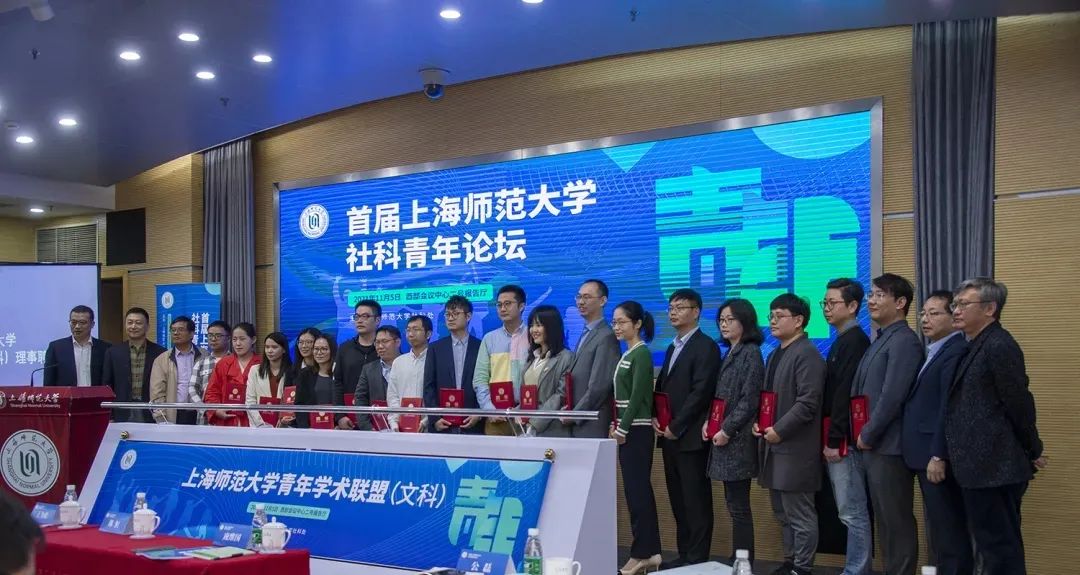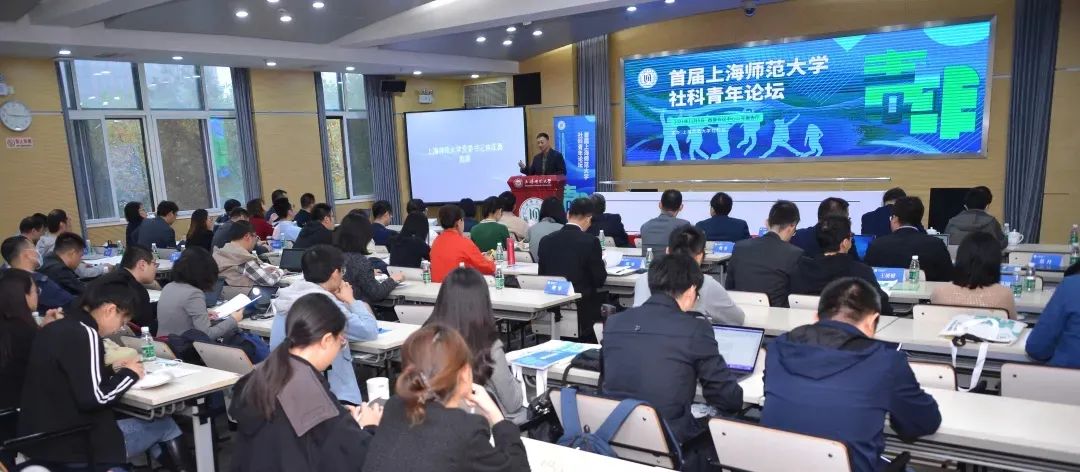Shanghai Normal University Youth Academic Alliance (Liberal Arts) established

Shanghai Normal University has recently established its Youth Academic Alliance (Liberal Art), whose first Board of Directors consists of 19 young scholars, all under 40, from different colleges and schools of the university.

On the same day, the Alliance threw its first Youth Forum of Social Sciences, focusing on the city’s governance and discourse innovation for this new era. Twenty young scholars shared their insights.
Wang Jian, Principal of Shanghai Normal University Center for Basic Education, addressed, in his speech, collaborative innovation of basic education in the Yangtze River delta. He pointed to the problem of inertia in collaboration in the process of basic education integration. He proposed that the involved parties should first solve problems like the absence of leadership, the complication in its member structure and the uneven distribution of resources and unbalanced development. Positively, his suggestions comprises: 1) to identify common development goals, 2) to construct a management mechanism for education integration, 3) to strengthen exchanges and cooperation to build a mechanism for coordinating interests, 4) to integrate the resource foundation to promote the co-construction and sharing of high-quality resources, 5) to adhere to the “just consensus” to establish a high-quality and balanced guarantee system of education.
Associate Prof. Yang Fan shared his research on the students of “normal universities” that had engaged in the “Leadership Training Camp for Excellent Normal University Students in the Yangtze River Delta."
He said that the specificity of their personal experience in the training camp would promote their reflection on their personal education experience and the formation of their future career vision. On this basis, the “beyond-school community” of teachers is very likely to be formed in the future new generation of teachers. This kind of community is more helpful for teachers to keep an open vision, form effective resource awareness, and take the initiative to transform the specific teaching environment they would find themselves in.

Prof. Cai Dan summarized and interpreted the policy on student development and education against the background of the recently introduced “double reduction” policy, and emphasized that teachers and parents should make adaptive changes to their established educational strategies and performance. We should pay more attention to family education and shift our focus from students' achievements to their all-round development, respect the law of learning and cognitive development of students, return to the essence of learning, and provide appropriate learning opportunities.
Prof. Chen Ning shared the research results concerning 615 in-service primary and secondary school teachers in Shanghai, as subjects, and the teachers' psychology and mechanism in the course of the school reform. It has been found that teachers behaved more actively when the schools implemented independent reform or were confronted with overall reform, and teachers behaved even more actively in the middle and final phases of reform, in comparison with the beginning phase. Their positive and negative emotions have played a dual-mediating role between the cognition of reform and the active reform behavior. Promoting and maintaining teachers' positive emotions towards school reform is a necessity for successful implementation of such reform.
The university will hold the Youth Forum on a regular basis to urge young scholars to get themselves actively connected with national and local major strategies. In this way, their academic creativity can be aroused with realistic problems and their fresh experience in reality can be transformed into theoretical capacity regarding frontline problems, thus promoting interdisciplinary, cross-industry and inter-faculty team collaboration to tackle major scientific research challenges.

